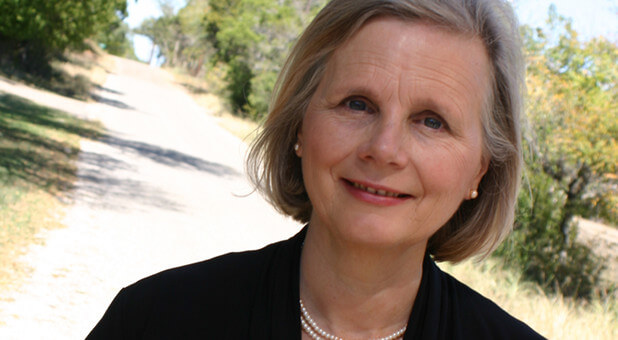Many people believe that women cannot be elders. They often base it on this Scripture:
It is a trustworthy statement: if any man aspires to the office of overseer, it is a fine work he desires to do (1Tim 3:1 NASB). Many other versions say something similar.
There are two problems with this translation:
- Nowhere in the original Greek does it use the word “man.” In fact, according to Philip B. Payne, author of Man and Woman, One in Christ: An Exegetical and Theological Study of Paul’s Letters, nowhere in the descriptions of qualifications of elders and deacons in either Timothy or Titus is a masculine pronoun used. The New Living Translation has it more accurately–”If any person…”
- The word “office” or “position” is not in the original Greek either. It was added by the translators.
But, you may say, what about the fact that one of the qualifications for an elder is that he is to be the husband of one wife–a “one-woman-man”? The qualifications for a deacon also include that stipulation, and we know that Phoebe was a woman deacon, so this on its own cannot be taken to mean there should not be women elders. The exclusion was probably to prevent polygamy in the leadership of the church, not to prevent women, or indeed single males, from being either elders or deacons. Added to that, unlike many cultures where men can have more than one wife, I cannot think of a single culture where women had/have more than one husband.
Others may object, but there are no females named as overseers (Greek episkopos) in the New Testament. True. However, apart from Jesus, there are no named males entitledepiskopos either. Yes, John and Peter both describe themselves as elders, (Greekpresbuteros) but these do not identify them as having a specific local church function and can equally well be interpreted that they are older in age. Similarly, older women in Titus 2 are described as presbutera.
What about verse 11 that says “Likewise their wives…” (NKJV) implying that the wives of elders and deacons have to be qualified too? The Greek word can be translated as either “wives” or “women.” A better translation would be “Similarly, the women…” This phrase occurs within the description of deacons.
Several inscriptions have been discovered that show that women were leaders in Jewish synagogs shortly after the time of Christ. There is similar archaeological evidence of women leadership in the early church.
What do you think?
Adapted from Felicity Dale’s blog, Kingdom Women. Felicity Dale is the author of numerous books including The Black Swan Effect and Simply Church. She is an an advocate for women in the church and trains people to start simple, organic house churches around the world.











































